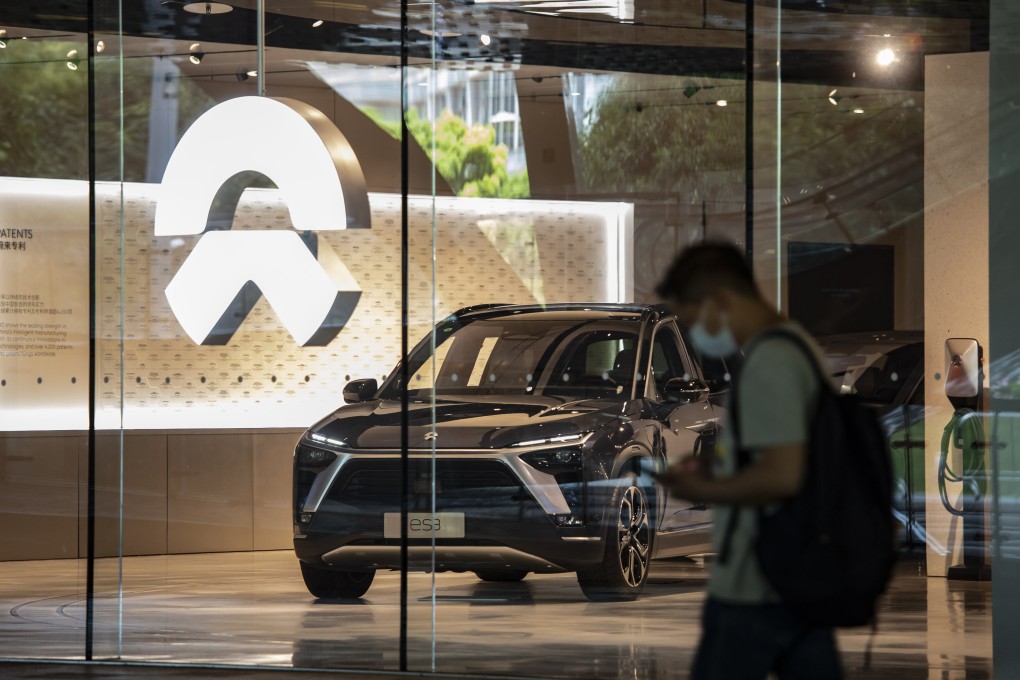Chinese EV maker Nio planning mass market foray with new brand, to challenge Toyota and Volkswagen with compact cars priced below 200,000 yuan
- Shanghai-based carmaker is designing compact EVs that will be priced between 100,000 yuan (US$14,808) and 200,000 yuan, according to Chinese technology news site 36kr
- More new EVs priced below 200,000 yuan will hit the market because of their affordability, analyst says

The Shanghai-based carmaker is designing compact EVs that will be priced between 100,000 yuan (US$14,808) and 200,000 yuan, according to Chinese technology news site 36kr. While Nio would not comment on the report, two industry officials with knowledge of its strategy confirmed the news.
They said a new as yet unnamed brand would be launched to drive Nio’s push into the compact car segment.
“The surging use of EVs in China has prompted leading players to expand their product portfolios and vie for a bigger market share,” said Gao Shen, an independent analyst in Shanghai. “More new EVs priced below 200,000 yuan will hit the market because of their affordability as far as most of China’s middle class is concerned.”
China’s compact car segment is currently dominated by the likes of Volkswagen Lavida, which starts at 99,900 yuan, and the Toyota Corolla, whose entry-level edition sports a price tag of 109,800 yuan.